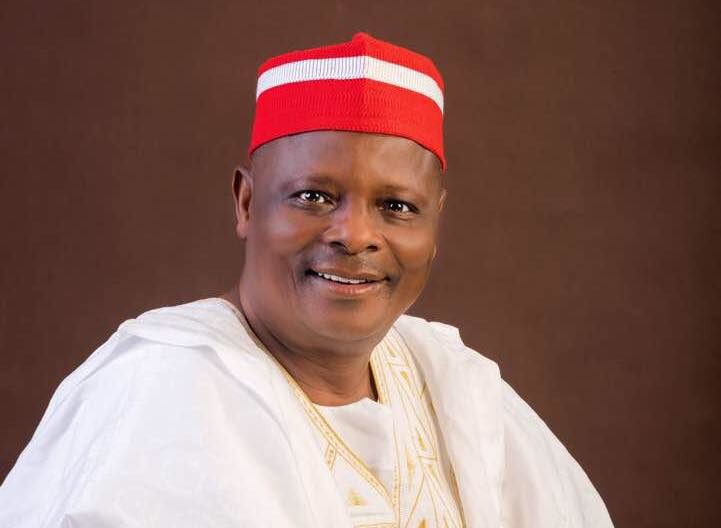Former Governor of Kano State, Senator Rabiu Kwankwaso, highlights the establishment of two universities as his most significant achievements during his tenure. The universities, now known as Maitama Sule University and Aliko Dangote University of Science and Technology, serve as pivotal educational institutions in Kano State. During a recent inauguration ceremony for an ultramodern auditorium named in his honor at Skyline University, Kwankwaso expressed that his investment in education stands as a cherished legacy. He underscored the importance of education over other infrastructural projects he embarked upon, such as flyovers, roads, agricultural development, and rural electrification.
Kwankwaso, who is the national leader of the New Nigeria People’s Party (NNPP), celebrated his 68th birthday during this event, reflecting on his commitment to enhancing educational opportunities in Kano State. He reiterated that while infrastructural accomplishments were vital, they paled compared to the long-lasting impact of establishing universities. His emphasis on education is a key component of the Kwankasiyya ideology, which promotes human development and educational advancement as essential for societal progress.
During the event, the current Governor of Kano State, Abba Yusuf, acknowledged the relevance of Kwankwaso’s educational policies and their continuing influence on his administration. Yusuf expressed gratitude to Skyline University for initiating a program aimed at equipping 1,000 teachers with computer skills, highlighting the partnership between the state government and educational institutions. This initiative aligns with the overarching goal of improving educational standards and incorporating technology into teaching methodologies, thus ensuring that educators are well-prepared for the evolving educational landscape.
The collaboration between the state government and Skyline University reflects a shared commitment to enhancing educational infrastructure and teacher training in Kano. Governor Yusuf’s appreciation of this partnership illustrates his dedication to expanding access to quality education and fostering a knowledgeable workforce. These efforts signify a broader movement toward developing human capital in the region, which is essential for sustainable growth and empowerment.
Kwankwaso’s vision for a robust educational framework in Kano State has not only focused on the establishment of universities but has also extended to various educational projects aimed at improving overall literacy and skills development. His belief in education as a transformative power continues to resonate in contemporary governance, emphasizing the necessity of prioritizing education and human development in political agendas.
Through these ongoing initiatives and the celebration of educational milestones, both Kwankwaso and Yusuf reinforce the idea that sustained investment in education is critical for the future of Kano State. The legacy of Kwankwaso’s tenure, particularly in education, serves as a foundation for current and future leaders to build upon, ensuring that the region remains progressive and competitive in a rapidly advancing world.


